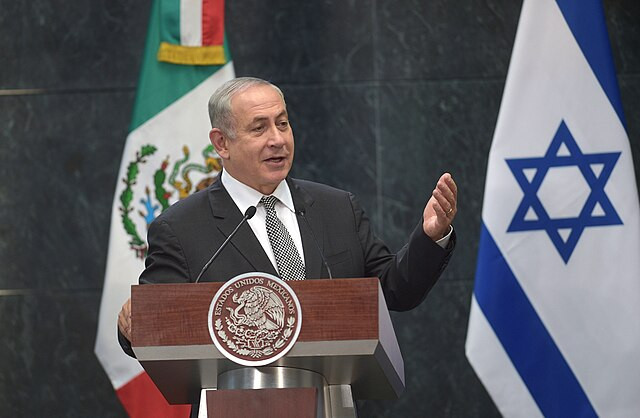Three Israeli hostages and five Thai nationals were freed Thursday in a negotiated exchange between Israel and Hamas, marking another phase in the ceasefire agreement brokered by the United States, Egypt, and Qatar. The release, which included the return of an Israeli soldier who had been paraded in a Hamas-controlled area, came in exchange for the release of 110 Palestinian prisoners from Israeli jails, many of whom were serving life sentences for attacks against Israelis.
The freed hostages-Israeli citizens Arbel Yehoud, 29, Agam Berger, 20, and Gadi Mozes, 80-had been held in Gaza since October 7, 2023. Berger, an Israeli soldier, was handed over in a public ceremony in Jabalia, a northern Gaza city that had seen intense fighting just weeks earlier. Wearing green fatigues similar to an IDF uniform, Berger was escorted by masked Hamas militants to representatives of the International Committee of the Red Cross before being transferred to Israeli authorities.
The two other Israeli hostages were held by Islamic Jihad, a smaller militant group operating in Gaza. Their release took place in the southern city of Khan Younis in front of the wreckage of a home once owned by Hamas leader Yahya Sinwar, who was killed in an Israeli airstrike. A large crowd gathered as Yehoud and Mozes were released in what observers described as a chaotic scene.
The five Thai hostages had been working in Israel as agricultural laborers before being abducted during the October 7 attack by Hamas-led forces. While the identities of those released were not immediately disclosed, three additional Thai nationals, along with two citizens from Nepal and Tanzania, remain in captivity. Some of those hostages have been declared dead by Israeli authorities.
In exchange for the eight hostages, Israel agreed to release 110 Palestinian prisoners, many of whom had been convicted of attacks against Israelis. Among them was Sami Jaradat, who was sentenced for orchestrating a 2003 suicide bombing at a beachfront restaurant in Haifa that killed 21 people. Several of the prisoners set for release will be deported to other countries in the region as part of the agreement.
This latest exchange was not initially scheduled but was negotiated after a dispute arose when Israel accused Hamas of failing to release Yehoud as part of a previous deal. The Israeli government had expected her to be freed alongside four women hostages on January 25. When that did not happen, Israel delayed allowing displaced Palestinians to return to northern Gaza until mediators brokered a resolution, which led to Thursday's handover.
The ongoing hostage exchanges are part of a multi-phase ceasefire agreement that began on January 19 and is set to last for six weeks. Under the terms of the truce, Hamas is expected to release 33 hostages, including women, elderly civilians, and injured individuals, in exchange for around 1,900 Palestinian detainees. So far, Israel has confirmed that at least eight of the hostages in this phase of releases are deceased.
Israel has also agreed to allow hundreds of thousands of Palestinians to return to northern Gaza, one of the most devastated areas following months of bombardment and ground fighting. Many returning residents have found their neighborhoods reduced to rubble, raising urgent questions about reconstruction efforts and long-term humanitarian relief.
The deal also calls for Israel and Hamas to negotiate a second phase in which remaining hostages-many of them men and military personnel-would be released. The ceasefire could be extended indefinitely if further agreements are reached, but Israel has signaled that it remains committed to dismantling Hamas's military capabilities.
Prime Minister Benjamin Netanyahu has emphasized that while negotiations are ongoing, Israel will not abandon its broader war objectives.
Hamas, in turn, has demanded that any further hostage releases be contingent on a complete cessation of Israeli military operations and the full withdrawal of Israeli forces from Gaza. The group has also used the ceasefire to reassert control over parts of the territory, with its fighters reemerging in areas vacated by Israeli troops.
The war, which erupted following Hamas's October 7 attack that killed more than 1,200 Israelis and saw 250 hostages taken, has led to a devastating Israeli military response. According to Gaza's Health Ministry, more than 47,000 Palestinians have been killed since the conflict began, over half of them women and children. The Israeli military claims to have killed more than 17,000 Hamas fighters, though it has not provided independent verification of those numbers.




